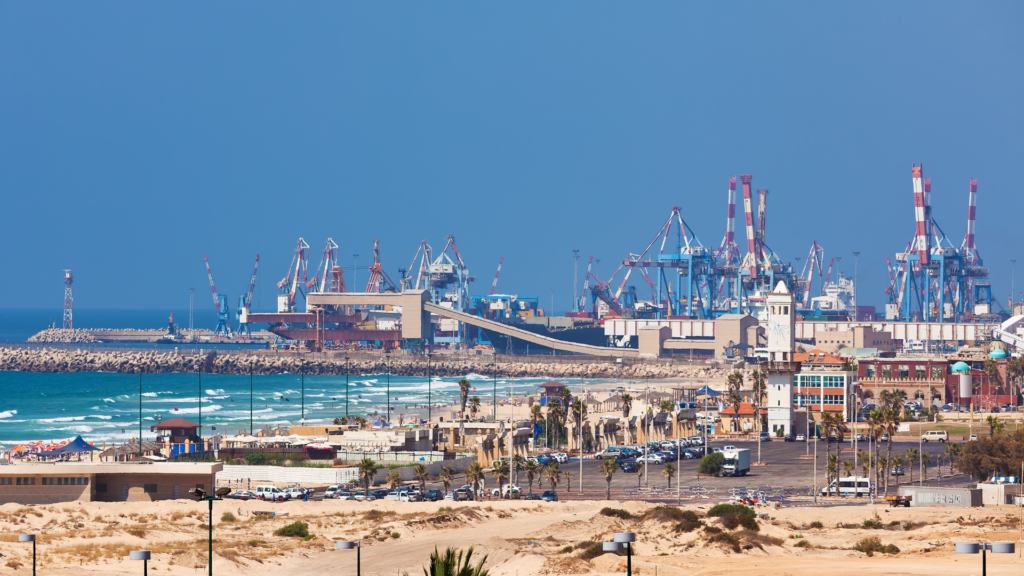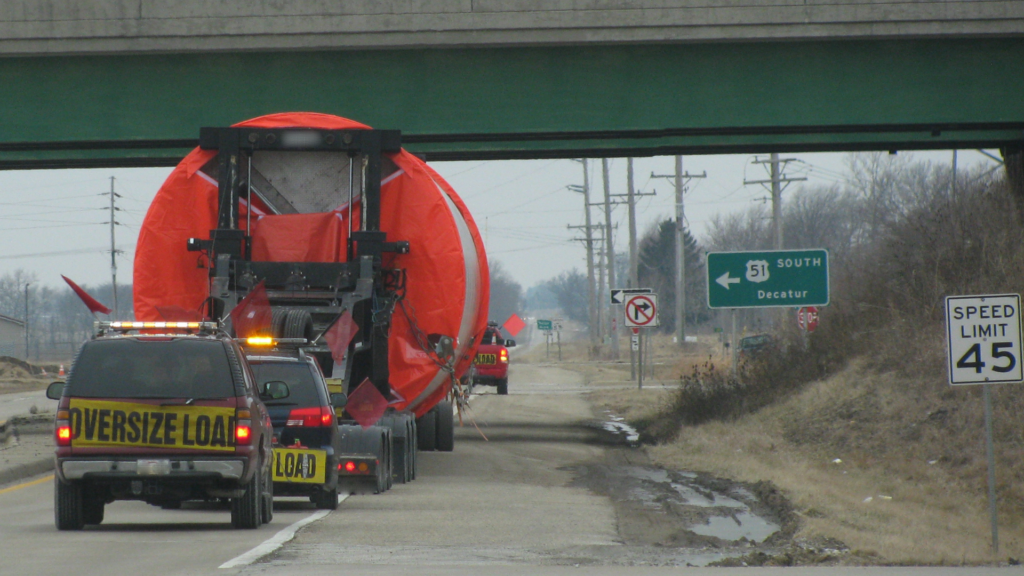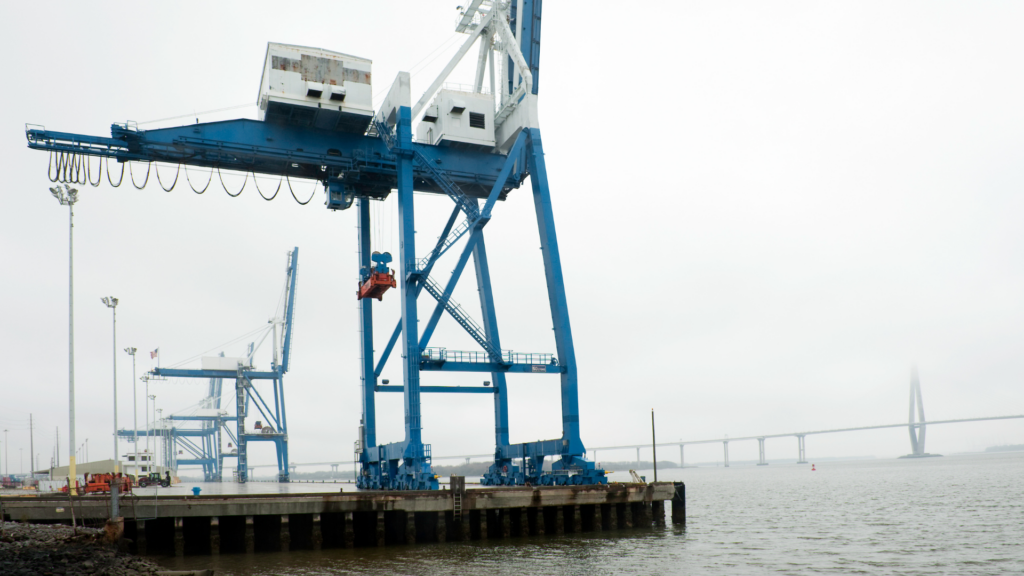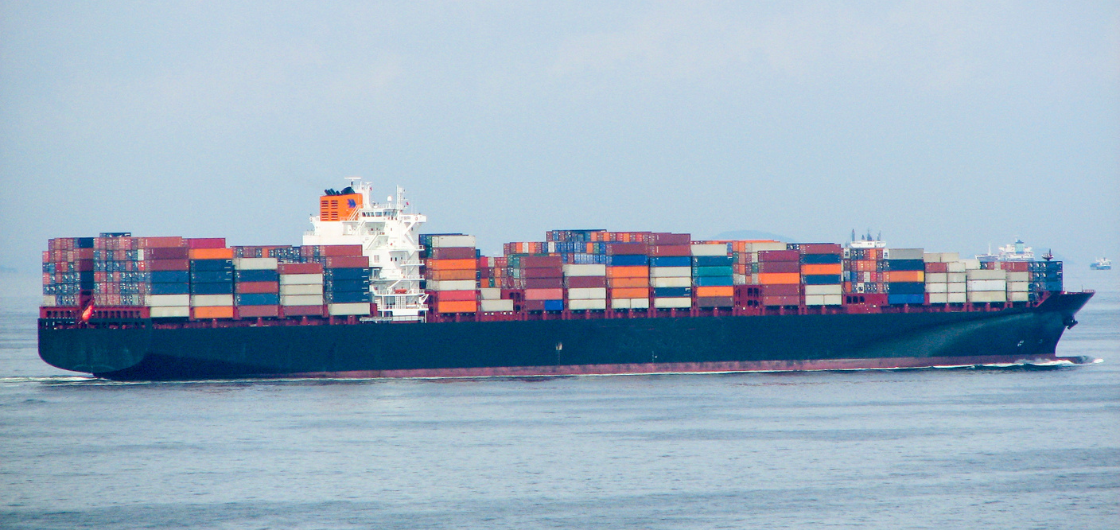Storms in Bangladesh, Force Majeure, Heavy-Haul Hurdles, Increasing Capacity.
Your weekly All-Ways round-up of Supply Chain news.
Impending Storm
The Chattogram Port Authority is taking measures to prepare for the impending cyclone Hamoon. All ships have been hauled out from the port and anchored in safer zones.
The storm is now in the North West Bay and is expected to move North-Northeast Wards towards Bhola by tomorrow.
The storm is causing extreme winds of 90 KPH to 110 KPH within 64 kilometers of the storm center and coastal cities are expecting flash floods as waves increase in height.
Operations will resume once the weather returns back to normal.

First Force Majeure
One of the first force majeures was declared since the onset of the war in Israel. Evergreen just announced to its customers that its Ever Cozy will no longer service Ashdod until further notice due to safety concerns and will be diverted to Haifa’s port instead.
The Ashkelon port has been effectively closed as Hamas rockets fall in close proximity.
However, Ashdod is still fully operating even as incoming missile siren alerts are constantly going off. The port won’t process hazardous goods.
“All cargoes which were originally destined for Ashdod, Israel will be discharged at the Port of Haifa, Israel. Thereafter, the subject contract of carriage is treated as terminated and all carrier’s responsibilities shall cease,” Evergreen stated.
Ashdod and Haifa are important ports for Israel. Both have a queue of vessels waiting near the port.
War risk insurance has, understandably, gone up tenfold on vessels headed to Israel.

Big Issues
The heavy-haul trucking industry is struggling to keep up because of the many challenges they’re facing.
Lack of Workers
Loading, unloading, and transporting oversized and heavy items requires expertise and physical labor. With fewer workers joining the industry than the amount of people leaving it, there’s a shortage of specialists and drivers to get the job done.
Lack of Equipment
Post-pandemic backlogs are clearing causing an increase in demand for heavy-haul shipping. But there are just not enough trucks to go around, especially in the Gulf Coast and Midwest regions.
Plus, with equipment increasing in size and weight (onshore wind turbines for example), heavy-haul transportation equipment needs to be updated, modified, or replaced to handle the load.
Lack of Routes
With ports expanding without planning a corridor to allow for the heavy-haul trucks to enter the port area, it’s making it increasingly difficult to transport oversized loads out of the port area.
Cities and states are becoming more stringent with load sizes and weight limits. Obtaining permits to transport these items can take up to two years.
With older bridges that are unfit for transporting these large, heavy items and construction cropping up on roads across the country, it can be extremely difficult to plan a route. So a 14-hour drive can take 14 days…

Raising the Bridge
In an effort to gain cargo volume coming from the Suez Canal, the state of South Carolina has just announced plans to raise the Don Holt Bridge in the Charleston area.
➡️ This 10-year project will enable the North Charleston Terminal to handle vessels with up to 20,000 TEU.
➡️ The terminal is set to increase its capacity so that once the bridge clearance is raised, it’ll be able to handle 2.4 million TEUs from the current 500,000 TEUs.
➡️ The SCPA will also be updating its equipment and reconfiguring facility layouts to accommodate the eventual influx in cargo capacity.
“We now have the opportunity to enhance a high-performing terminal with renewed capacity to handle future growth,” South Carolina Ports CEO Barbara Melvin said.


